The Third Gender
Nowadays transgender people are not that big of a deal anymore. It doesn’t matter to many what your sexual orientation is or whether you don’t identify yourself as any gender. But in the country Samoa, capital Apia, there are a group of people that are commonly known as a third gender, the Fa’afafine. The name means “in the manner of woman” and that’s exactly what it is. For different reasons, some parents choose to raise their son as the Fafa, who then assume the characteristics of both genders. Some may commit to the female gender completely, while others accept the labor role or portray femininity more than others, and others again don’t obtain it at all. Contrary to western belief, if a Fa’afafine marries a man, it is not a heterosexual relationship, but seen as one between two different genders. There is an estimate of 2000 to 3000 Fa’afafine in Samoa alone, with about 100 in Australia. The Fa’afafine are completely accepted and also respected in their society. It is an ancient tradition that is deeply embedded in Polynesia. In Samoa and in other cultures practicing this ancient tradition, the people believe in the “Fa’afafine spirit,” some boys have it in them and others don’t.
However, sometimes this spirit is also pushed onto the children if for example, the family is all boys but the parents would like a girl. This was the case for Leo Tanoi. If you are chosen as the Fafa of the family, it isn’t simply brushed off. As an adult man, Leo is still haunted by the abuse he had to live through in his childhood. At the age of eleven, he decided he didn’t want to be Fa’afafine and clung to the sport of rugby, typically considered as a very masculine physical activity. He says it was the only thing that kept him alive at the time and by 21, he was playing first grade for the Cronulla Sharks. Leo’s childhood was filled with physical and emotional abuse. His mother pushed him toward femininity and the correlating pressure he felt from his six brothers and boys at his school grew to be a constant inner struggle. A lot of physical violence accompanied his adolescent years, from pulling his pants down in public, to being tied up and beaten. He states “It was a very lonely time and I don’t think people know how lonely it was.” Leo doesn’t live his life and stated on Australian Television for The Feed “To be honest I wouldn’t want anyone to go through this. In all honesty, it’s a crime. I just feel sorry for all the Fa’afafines that are probably getting that abuse at the moment”.
Contrary to Leo there are other Fa’afafine that have felt the spirit in them since a young age and their parents have always accepted it, thus grew up in a loving childhood home. Phineas Hartmon, even though he was raised as the Fafa of his family and was committed to it, now lives his life as a man and says that Fa’afafine know that they are men at the end of the day. He conforms to a more masculine role in society but still sees himself as a Fa’afafine spirit.
Ymania was raised Fa’afafine as well and has always seen herself as more of a woman than a man, already conforming to the feminine gender from a young age. Since she can remember, she has dressed and behaved as a woman. Ymania feels that she had a great upbringing in Samoa, with a family that accepted her for whomever she wanted to be, there were no restrictions. She states that in western society, parents raise their children according to their gender if your child is male you raise them according to that. The same goes for Fa’afafine, if Samoan parents see their child as Fafa, there is nothing wrong with raising them as such.
The Fa’afafine are a part of Samoan and Polynesian culture since hundreds of years and western society often don’t realize they exist. Samoan society accepts them completely and they are often in positions of influence, school principals, back managers, politically empowered. They are not seen as transgender, but as an entirely different gender, the third gender.
http://intersections.anu.edu.au/issue6/schmidt.html
http://www.bbc.com/news/magazine-26089486
http://www.geo.de/geo-tv/10625-rtkl-samoa-queens
http://www.sbs.com.au/news/article/2013/07/16/faafafine-boys-raised-be-girls

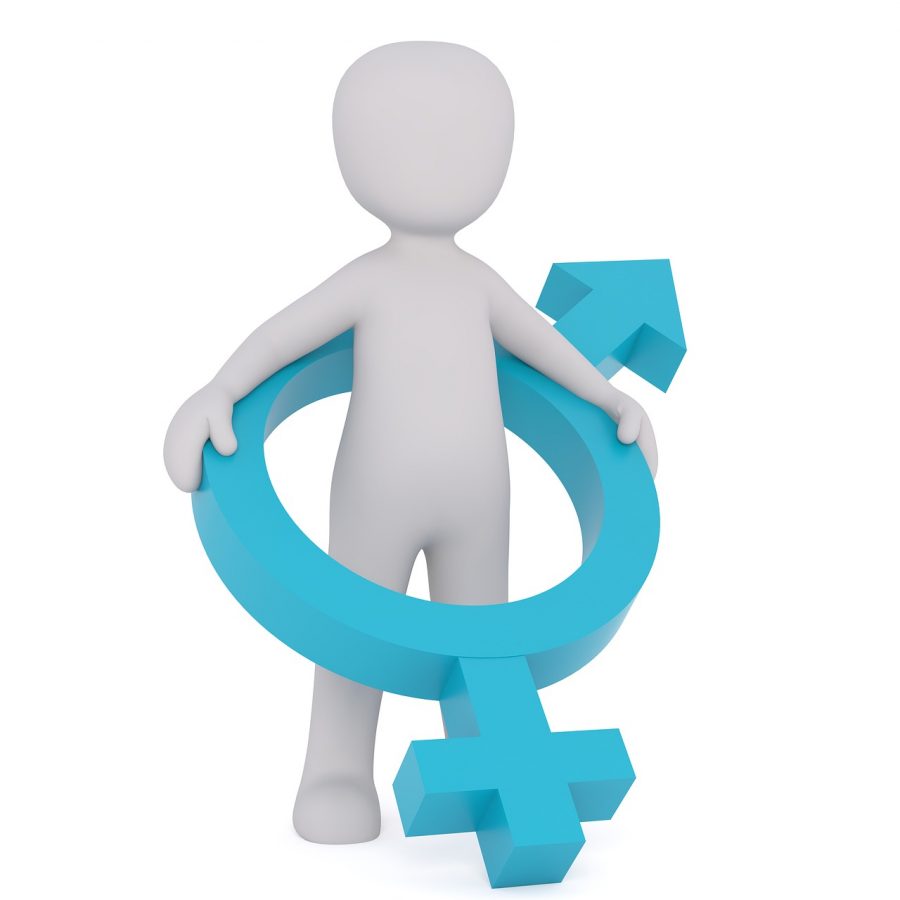
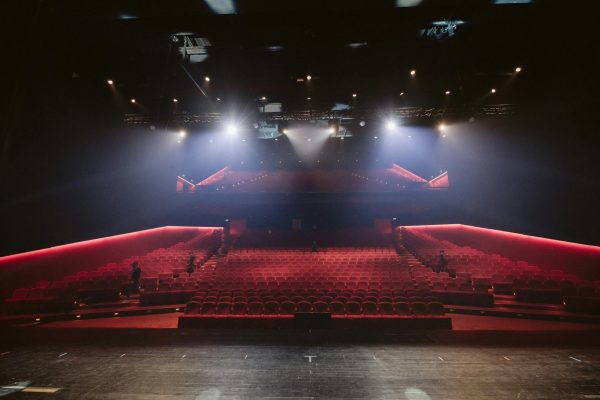
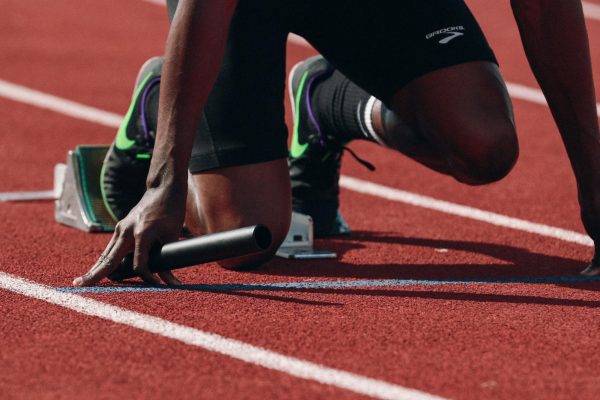
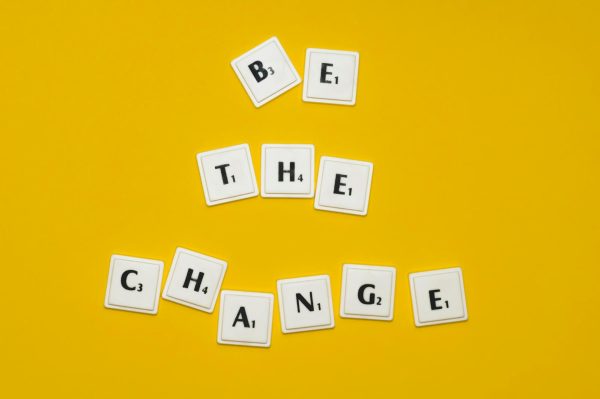

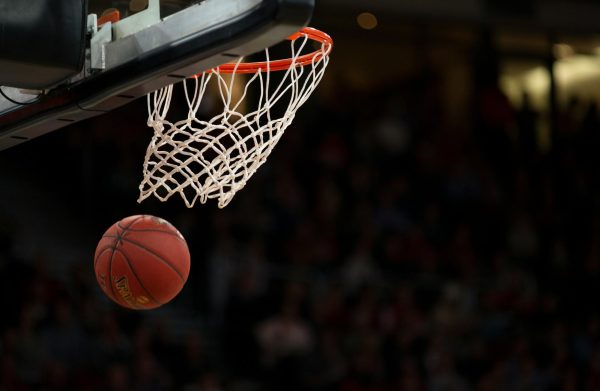
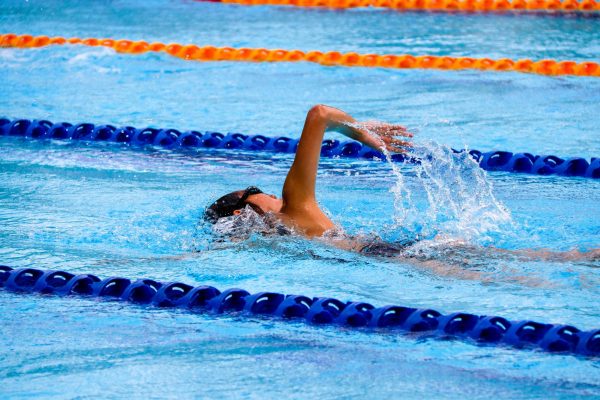

Zina Sawabini • Nov 22, 2017 at
Really interesting article Hannah!